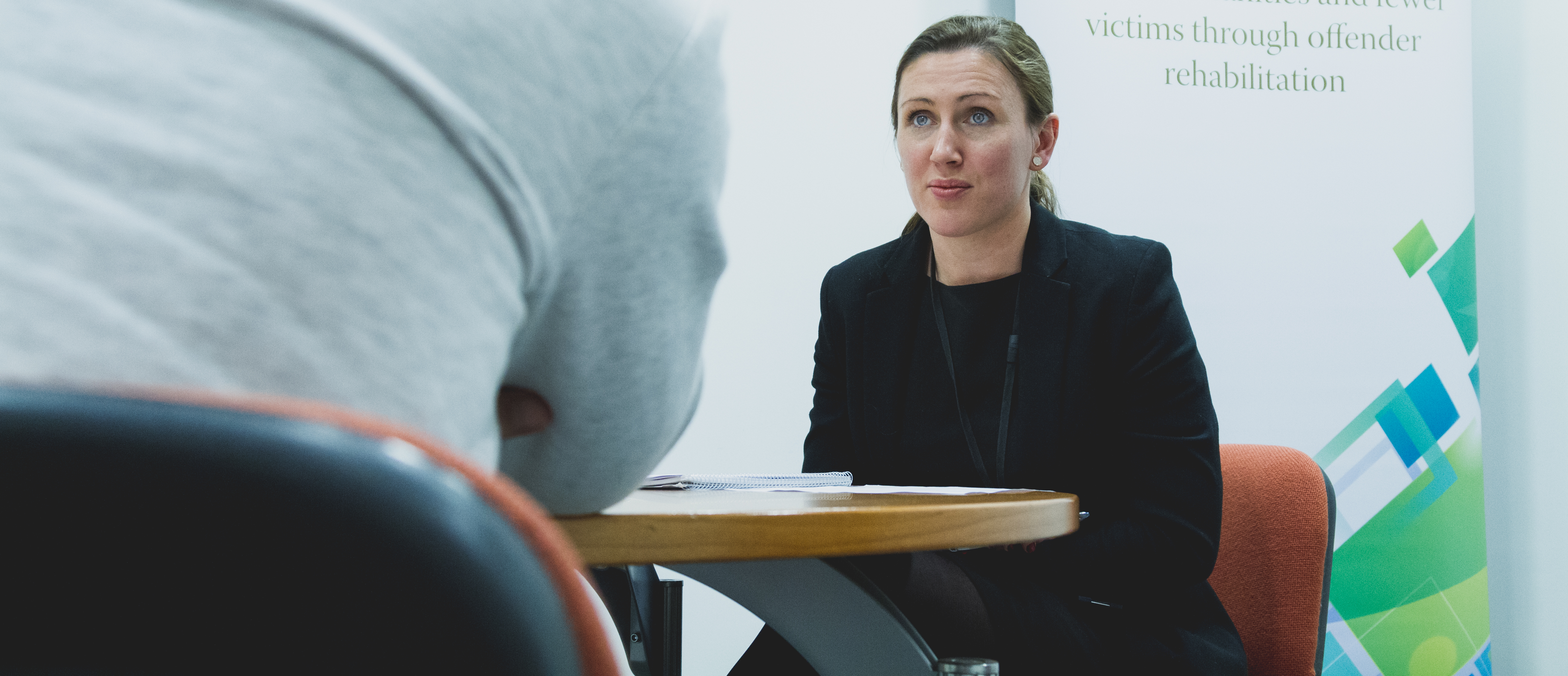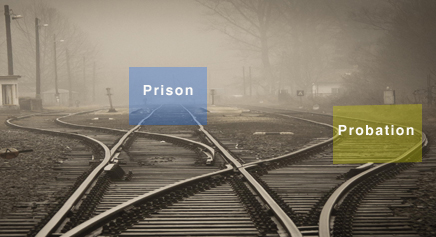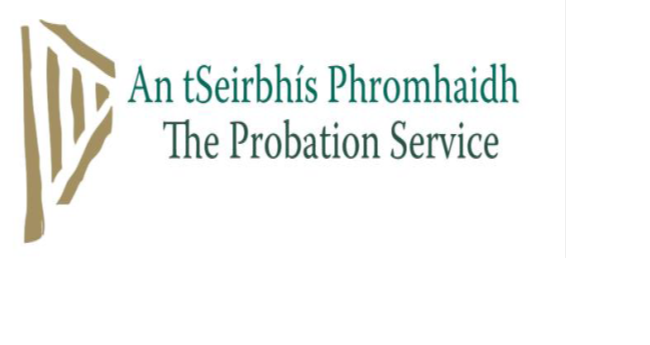
The Probation Service knows that working with young people who offend is different to working with adults who offend. As a result, we have developed a division of trained staff - Young Persons Probation (YPP), to work with children and teenagers between the ages of 12 and 18 who come before the Courts, or who are in the Children Detention Schools/Centre.
Young people make up a good proportion of new referrals to our services, and we support and work with a range of programmes to help young people at a critical time in their lives.
Four Community Based Organisations dealing with the young persons on probation (YPP) are co-funded by the Irish Government and the European Social Fund as part of the ESF Programme for Employability, Inclusion and Learning 2014-2020. The organisations co funded under the ESF Programme are
- Le Chéile, which is a nationwide mentoring service.
- Céim ar Chéim and Southill projects based in Limerick City, and
- Dóchas don Óige based in Galway


Background: When the was passed back in 2001, it marked a turning point in the treatment of young people
in the Criminal Justice System.
Under the Act , the Court is obliged to seek a *Pre-Sanction Report from Probation Officers (YPP) when considering community sanction, detention or both.
Proposals are also outlined for the safe management of the person, whether by community sanction or alternative programme. As well as carrying out risk assessment, YPP attempts to identify the cause of the offending behaviour, the juvenile’s attitude to it and motivation to change - and also provide appropriate guidance and information relating to the community sanctions.
Part of this role also involves working closely with the Irish Youth Justice Service in addition to the Court.
Family Conferences
A Family Conference, which is guided by the principle of restorative justice (link to restorative justice page), involves a meeting of the young person, a member of his/her family, the victim - and relevant others. It is ordered by the Court under the Act and run by YPP.
At the meeting, the young person’s offence will be discussed from the standpoint of its effect on the victim.
The conference will also explore ways that the young person can take responsibility for his/her behaviour for the consequences and where possible, make amends for what he/she has done. It also aims to come up with an agreed plan which will help the young person avoid getting in trouble in the future.
A Court-ordered family conference takes place at the stage when a young person is charged with an offence and appears in Court. If:
|
Two of the key principles underpinning the work of YPP are that the detention of children and young people should only be used as a last resort and a belief that in most cases community sanctions are more effective and lasting |
- The young person accepts responsibility;
- The Court considers an action plan desirable;
- The child and child’s family agree to participate.
If these requirements are met, the family conference is held no more than 28 days later.




